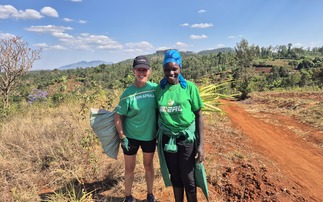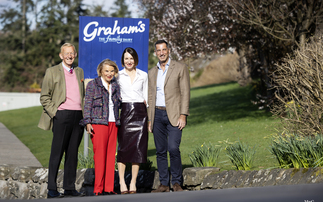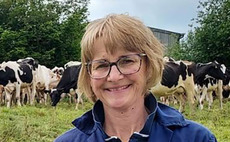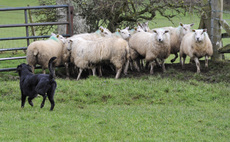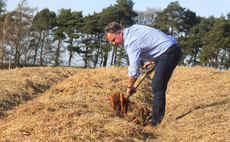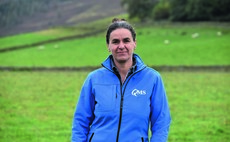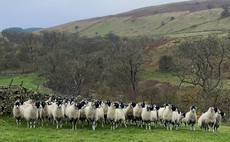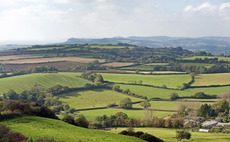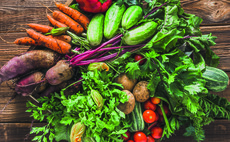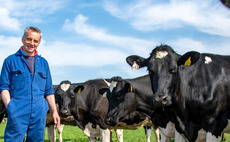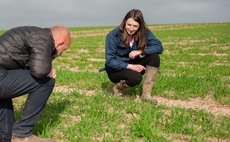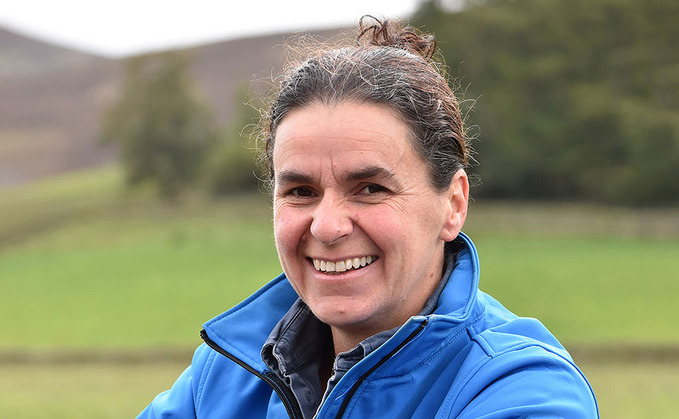
Im writing this in the lull between the indoor lambing of the park ewes and the outdoor lambing of the hill flock which lasts approximately a week and is never long enough.
So far things have gone reasonably well very few sheep needing assistance, plenty of colostrum and relatively few losses of ewes or lambs but from bitter experience, a good park lambing is often followed by a horrendous hill one, so well not count our chickens too soon.
Cows and heifers are also calving away well outside, with a steady number every day and more than half in the first two weeks.
Fodder is starting to run a bit short, so it would be really useful if the weather warmed up a bit and the grass began to grow soon.
We still have a bit of home-grown barley left though, so that should hopefully eke it out for a bit longer.
My Quality Meat Scotland (QMS) work pretty much stops altogether over lambing, so it was a bit of a shock to the system to have to shower and put on clean, smart clothes to re-enter the real world and give evidence to the Rural Affairs and Islands Committee at the Scottish Parliament the other day.
As always, it felt strange to be back amongst normal people after being confined to the lambing shed for three weeks, and I kept my iodine-stained, chapped hands out of sight as much as I could.
The committee is taking evidence as part of the pre-scrutiny of the new Scottish Agricultural Bill and has been hearing from organisations and individuals across the sector over the past few months.
I was there to give a QMS perspective on supply chain risks and resilience relating to the red meat industry, and to try to answer any questions from the MSPs on the committee.
The discussion covered a huge scope, from issues with labour availability and abattoir provision, to emissions reduction, public procurement and profitability, with the committee keen to understand the issues Scottish farmers and processors are facing.
QMS is a levy body, not a lobbying organisation, but its a big part of our role to provide trusted, fact-based evidence to industry and government to help with business decision-making and policy formation.
Its really encouraging that members of the Parliament are listening to such a wide variety of voices in the agricultural sector, and I hope that it results in a new policy that works for farmers and for the whole of the rural economy.
The Scottish Government has committed to supporting the production of high-quality food alongside restoring nature and reducing emissions, and its vital for us all that they deliver on this vision and help our industry to thrive.
After the session, I even managed a sneaky coffee in the Parliament caf with a few others and began to feel quite civilised again before heading back home to start on round two.
At least the next few weeks should give the iodine on my hands a chance to fade before its all over for another year.
And the ex-pet lamb Chokey actually managed to produce two live lambs this year so (assuming they dont get pulpy kidney or braxy) all that milk powder three years ago was worthwhile.













